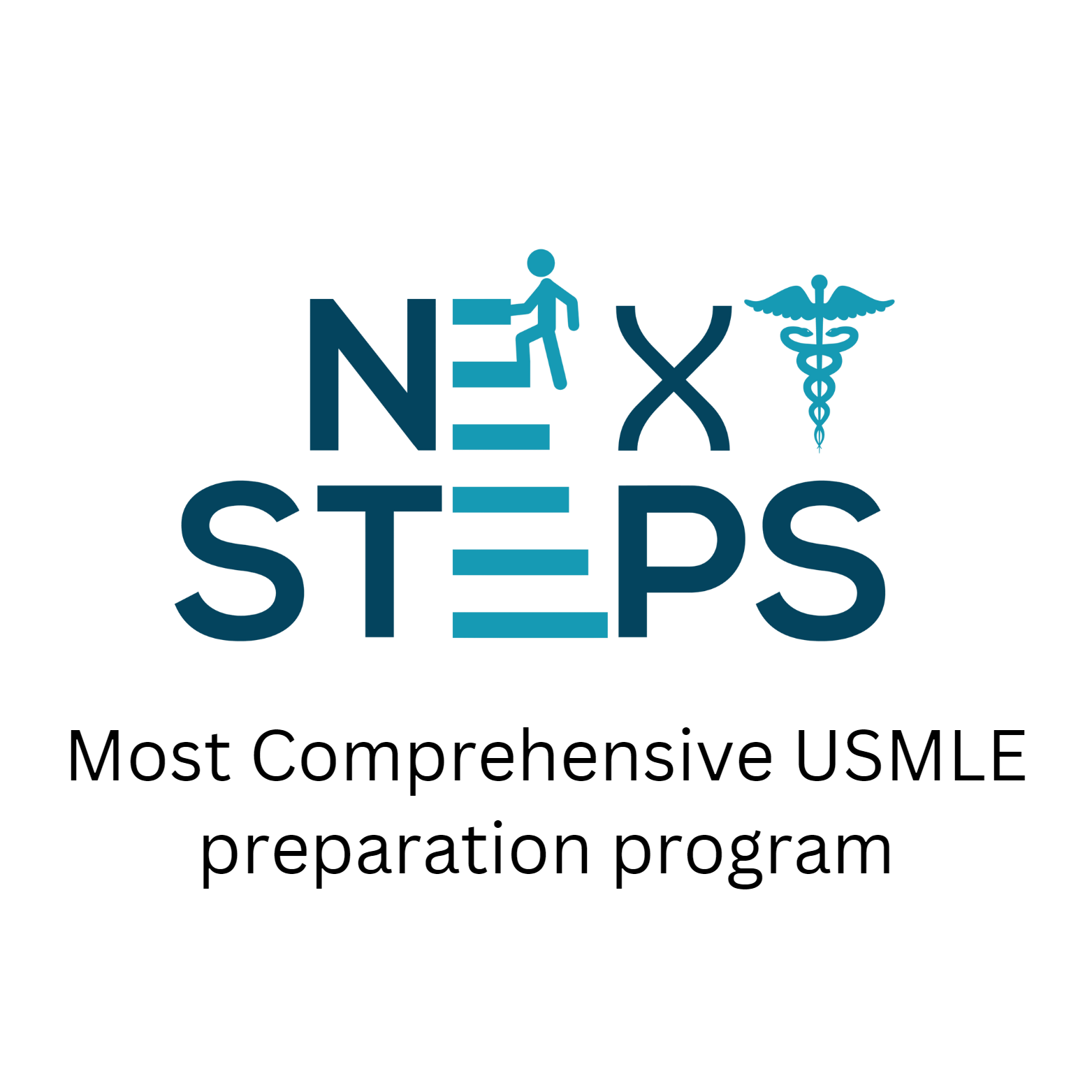Introduction
Embarking on the journey to become a licensed medical professional in the United States through the United States Medical Licensing Examination (USMLE) is an exciting yet financially significant undertaking. Planning your budget for the entire USMLE process is crucial to ensure that you are financially prepared for the journey ahead. In this blog post, we will explore the costs associated with the USMLE process and provide you with tips on how to budget effectively.
Understanding the Costs of the USMLE Process
The USMLE process consists of several steps, and each has its associated costs. Here’s an overview:
USMLE Step 1 and Step 2 CK Exam Fees:
As per the update, the registration fee for Step 1 and Step 2 CK is approximately $645 each.
USMLE Step 3 Exam Fee:
The registration fee for Step 3 is approximately $895.
USMLE World Subscription:
Many students invest in USMLE World subscriptions, which can cost around $600 for a few months of access.
Study Materials and Review Courses:
The cost of review books, question banks, and online courses can vary significantly, but budget for at least a few hundred dollars for study materials.
Travel and Accommodation (Clinical Rotations):
If you’re required to take Clinical Rotations in a different city or state, consider expenses for travel and accommodation.
Residency Application Costs:
Costs related to the Electronic Residency Application Service (ERAS) can add up. As of the latest update, the ERAS application fee was $99, with additional fees for additional applications, and the cost of sending transcripts and letters of recommendation.
Interview Expenses:
Factor in the cost of traveling to interviews, which may include airfare, lodging, and meals.
Budget Planning for the USMLE
Assess Your Current Financial Situation:
Start by evaluating your current financial status. Determine how much you have in savings and any potential sources of income or financial support.
Create a Detailed Budget:
Develop a comprehensive budget that covers all your expenses, including exam fees, study materials, application costs, and interview expenses. Consider a contingency fund for unexpected costs.
Prioritize Your Spending:
Prioritize your spending to allocate more resources to USMLE-related expenses. Cut down on discretionary spending if needed.
Explore Financial Aid and Scholarships:
Look into financial aid options and scholarships available to medical students and graduates. Some organizations and institutions offer support for USMLE-related expenses.
Set Up a Dedicated USMLE Fund:
Consider opening a separate savings account specifically for your USMLE-related expenses. This can help you track your progress and prevent you from dipping into the funds for other purposes.
Consider Part-Time Work:
If your schedule allows, you might explore part-time work or freelance opportunities to supplement your income.
Monitor Your Progress:
Regularly review your budget to ensure you’re on track and make adjustments as necessary.
Seek Financial Advice:
If you have questions or need assistance with financial planning, consider seeking advice from a financial advisor or counselor.
Conclusion
The USMLE process is a significant investment in your medical career, and effective budget planning is crucial for a smooth journey. By understanding the costs associated with each step, creating a detailed budget, and exploring financial aid options, you can navigate the process with financial confidence. Remember that careful planning and budgeting will not only alleviate financial stress but also allow you to focus on your studies and preparations for the USMLE exams and the next stages of your medical career.




